Life
Sign up for our newsletter
We summarize the week's scientific breakthroughs every Thursday.
-
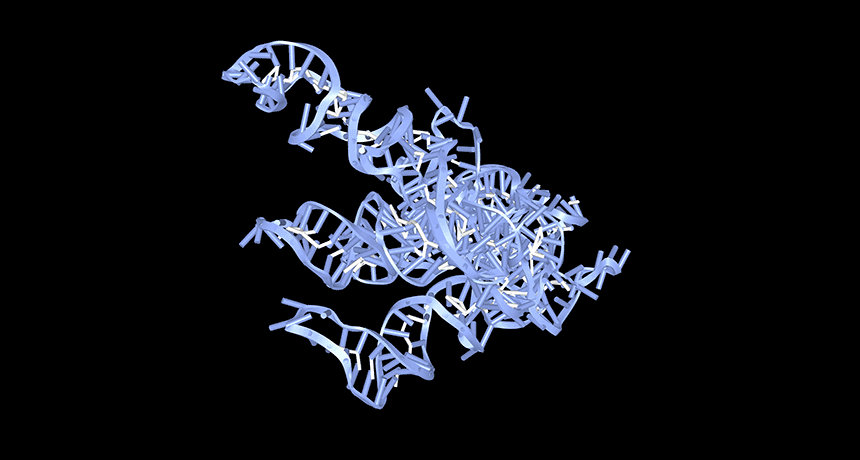 Genetics
GeneticsA lack of circular RNAs may trigger lupus
Researchers close in on how low levels of a kind of RNA may trigger lupus — offering hope for future treatments for the autoimmune disease.
-
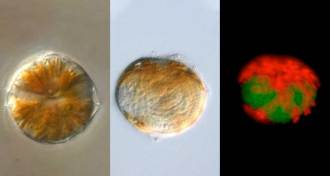 Genetics
GeneticsA marine parasite’s mitochondria lack DNA but still churn out energy
Missing mitochondrial DNA inside a parasitic marine microbe turned up inside the organism’s nucleus.
-
 Health & Medicine
Health & MedicineA neural implant can translate brain activity into sentences
With electrodes in the brain, scientists translated neural signals into speech, which could someday help the speechless speak.
-
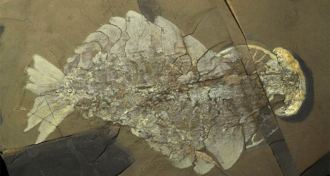 Life
LifeSee beautiful fossils from top Cambrian sites around the world
Troves of Cambrian fossils are known at more than 50 places around the world. Here are five standout spots.
-
 Life
Life‘An Elegant Defense’ explores the immune system’s softer side
The lives of four people helped or harmed by their body’s natural defenses illustrate why immunology has become one of the hottest fields in science.
-
 Planetary Science
Planetary ScienceReaders ponder Opportunity’s future, animal consciousness and more
Readers had questions about NASA’s Opportunity rover, pollen shapes and more.
-
 Psychology
PsychologyWhen anxiety happens as early as preschool, treatments can help
Researchers are seeking ways to break the link between preschool worries and adult anxiety.
By Sujata Gupta -
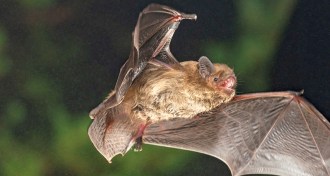 Animals
AnimalsA scientist used chalk in a box to show that bats use sunsets to migrate
A new device for investigating bat migration suggests that the flying mammals orient themselves by the setting sun.
By Yao-Hua Law -
 Neuroscience
NeuroscienceThe herbal supplement kratom comes with risks
The supplement kratom can cause heart racing and agitation.
-
 Genetics
GeneticsA genetic scorecard could predict your risk of being obese
A genetic score predicts who is at risk of severe obesity, but experts say lifestyle matters more than genes.
-
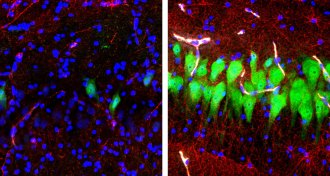 Neuroscience
NeuroscienceDead pig brains bathed in artificial fluid showed signs of cellular life
Four hours after pigs died, the animals’ brain cell activity was restored by a sophisticated artificial system.
-
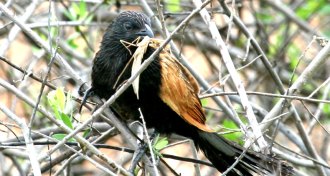 Animals
AnimalsParenting chores cut into how much these bird dads fool around
Frantic parenting demands after eggs hatch curtail male black coucals’ philandering excursions the most, a study finds.
By Susan Milius